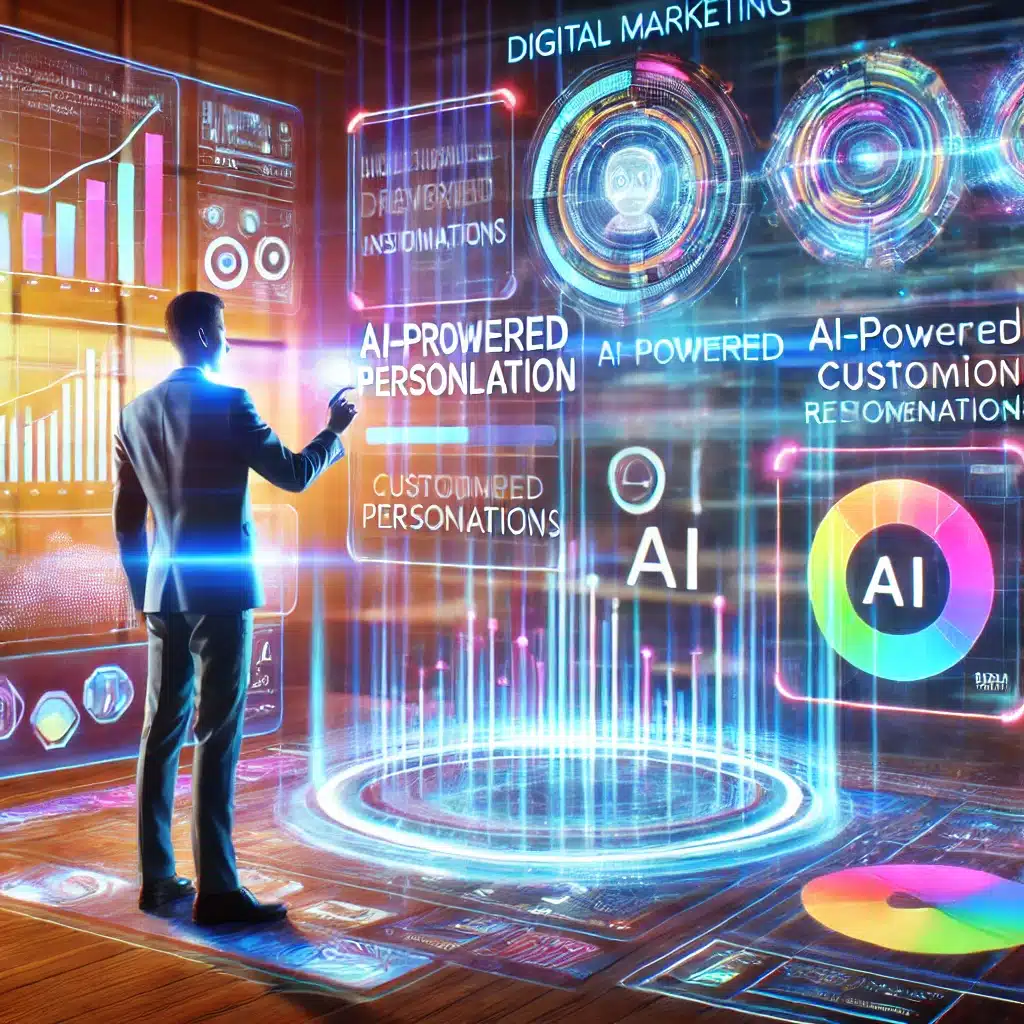The Importance of AI Engineering and Knowledge Graphs
As we stand at the cusp of a technological revolution, the world of artificial intelligence (AI) continues to evolve rapidly. Gartner’s Hype Cycle for Artificial Intelligence highlights the most transformative trends and technologies today. Two of these trends, AI engineering and knowledge graphs, are key to handling AI models at scale. They offer robust solutions and dependable logic, essential for enterprises.
Composite AI: A Winning Integration
Composite AI is gaining significant traction. It integrates various AI techniques to enhance learning efficiency and knowledge representation. This combination broadens AI’s abstraction mechanisms, making solutions more adaptable. For example, composite AI leverages small datasets and techniques like knowledge graphs to generate synthetic data. This approach is particularly beneficial for organizations with limited historical data.
The Power of Generative AI
Generative AI further underscores the importance of composite AI. Utilizing a blend of methods, it creates more resilient and interpretable models. Thus, organizations achieve better insights and decision-making capabilities, resulting in improved predictive maintenance and failure prevention. Gartner believes generative AI is on the cusp of significant media and industry interest.
Responsible AI: Ethical and Societal Challenges
With AI technologies becoming pervasive, responsible AI (RAI) practices are critical. RAI includes the ethical, legal, and societal implications of AI. It ensures AI systems are fair, transparent, and accountable. Regulatory landscapes, such as the EU’s AI Act, emphasize the need for RAI frameworks. These move organizations to proactively adopt and maintain ethical AI practices.
Overcoming RAI Challenges
Implementing RAI is challenging. Organizations must ensure they measure the success of their RAI initiatives. Creating principles and assessments is vital. Proactive measures, like comprehensive training on AI ethics and governance, are essential. This fosters a culture of ethical AI development and deployment.
AI Engineering: Scalable Enterprise Solutions
AI engineering is foundational for enterprise deployment of AI solutions at scale. This field unifies DataOps, MLOps, and DevOps, establishing consistent pipelines for AI systems. Scaling from pilot projects to enterprise-wide deployments presents challenges. AI engineering addresses these by integrating data and model pipelines, thus reducing redundancy and accelerating delivery.
Integration and Efficiency
The integrated approach of AI engineering eliminates traditional silos. It enables organizations to build secure, scalable, and efficient AI portfolios. By creating discoverable repositories of data catalogs, knowledge graphs, and model stores, organizations streamline AI development and deployment. This is crucial for scaling AI initiatives across hybrid and multi-cloud environments.
Google’s Call to Action for AI Infrastructure
According to Google’s report, the UK risks being ‘left behind’ in the AI race without more data centers. Debbie Weinstein, Google’s UK managing director, emphasizes the need for policies to boost AI deployment. A national research cloud, providing computing power and data for AI models, is among the key recommendations.
Regulatory Support
The report also calls for changes in copyright laws and the introduction of a national skills service. This would help the workforce adapt to AI and introduce technology more widely into public services. Encouraging the government to prioritize existing regulation over new laws is crucial for maintaining momentum in AI development.
Conclusion
In conclusion, AI engineering and knowledge graphs are pivotal in advancing business intelligence. By embracing these technologies, organizations can scale AI models more effectively. Responsible AI ensures ethical deployment, while Google’s call for better infrastructure highlights the need for proactive measures. Together, these elements pave the way for the future of business intelligence.



